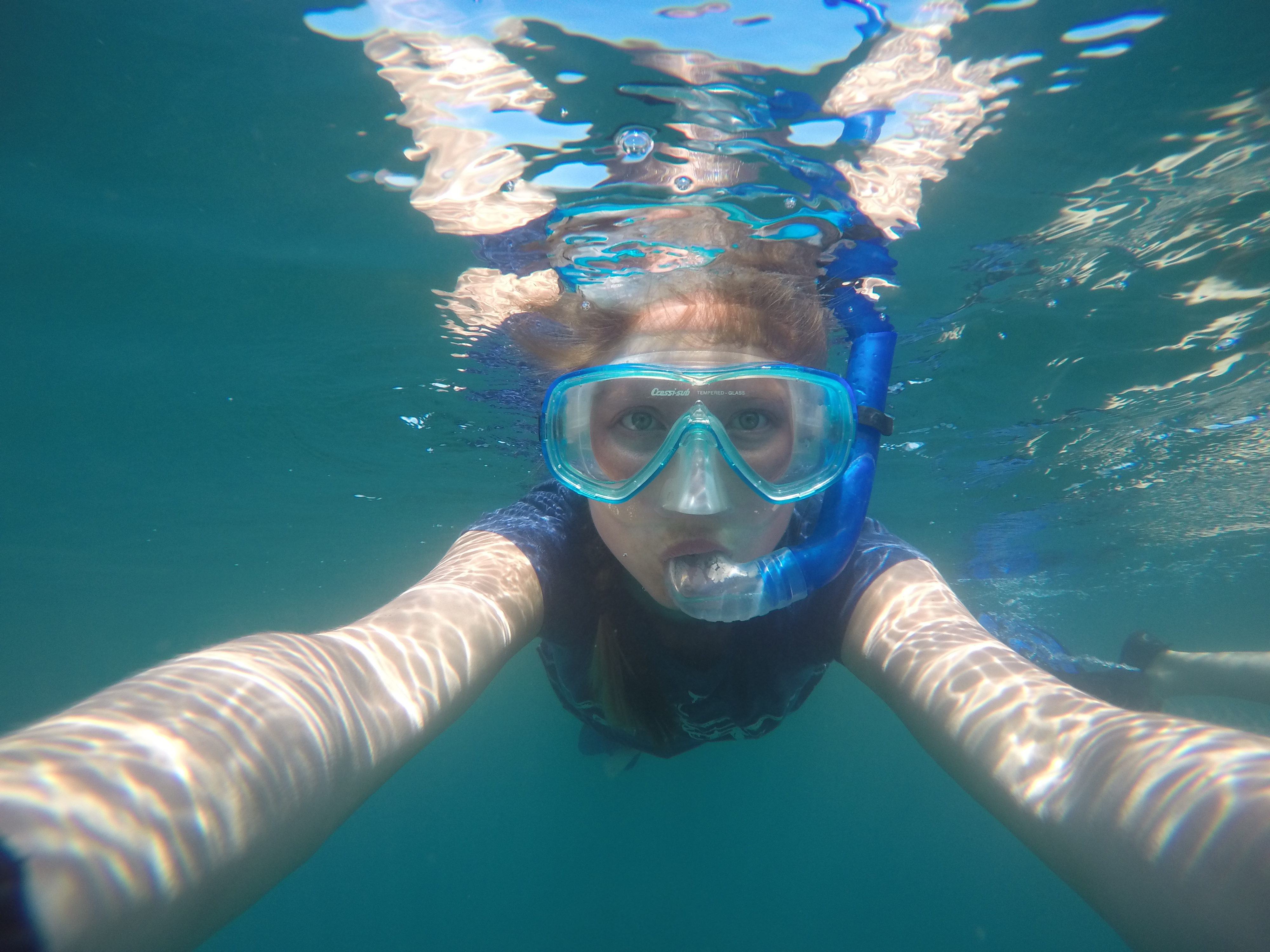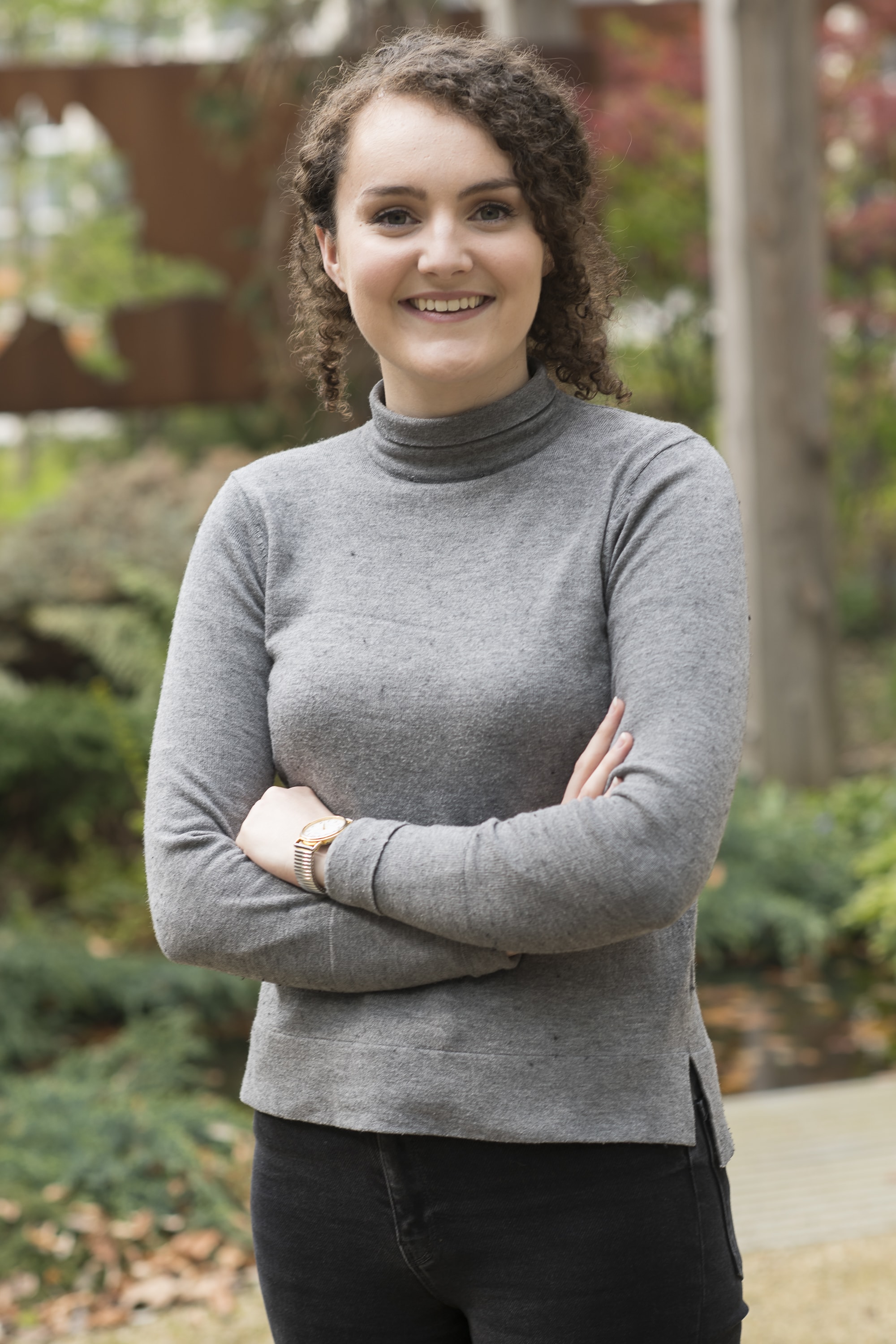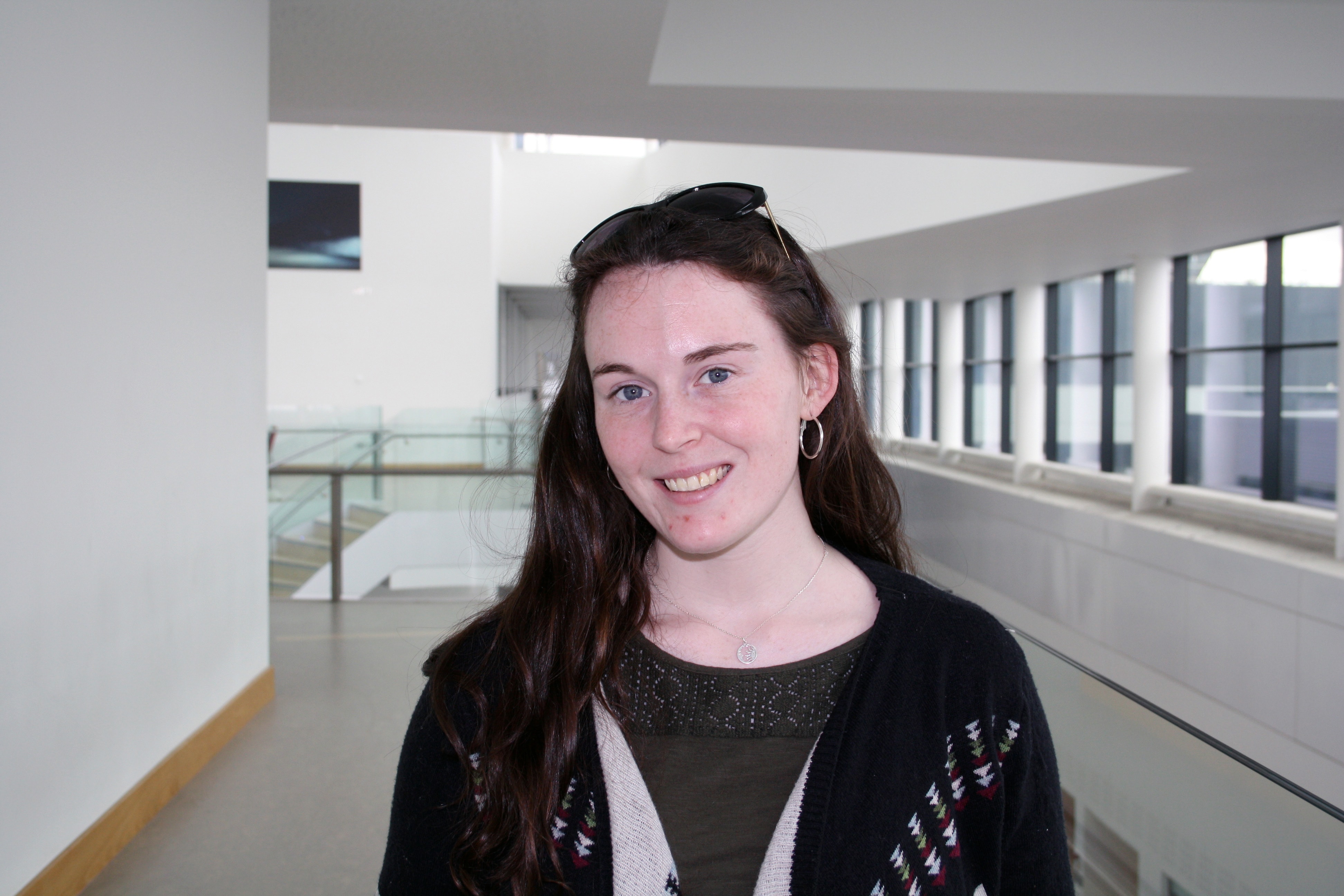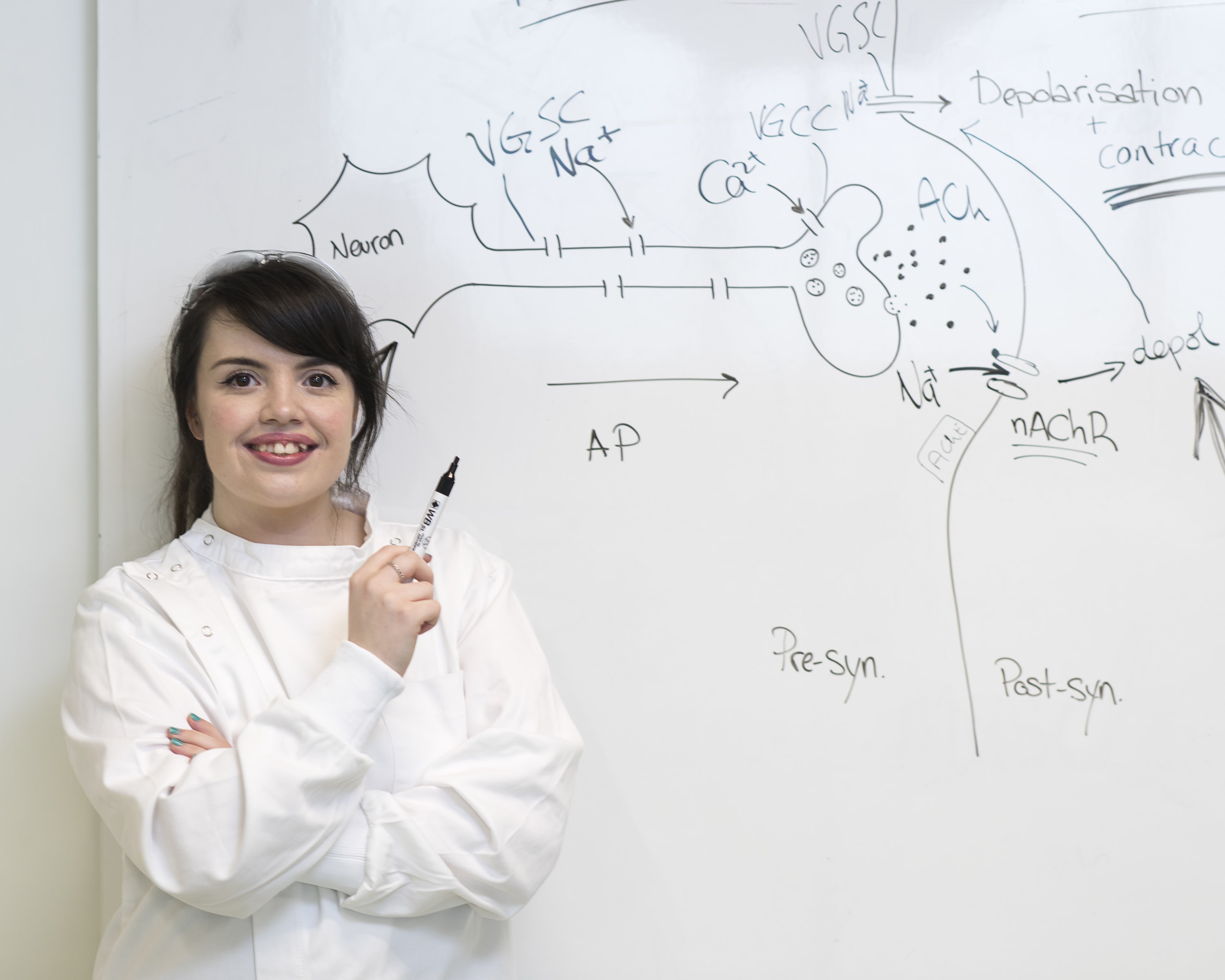Course Information
BSc (Hons) (NFQ Level 8)
Full Time – Undergraduate Studies
CAO Code: DN200
CAO Points Range 2019: 521
Length of Course: 4 Years
Average Intake: 400
- O2/H6 in Mathematics
- O2/H6 in a laboratory science (Applied Mathematics, Computer Science or Geography may be used instead of a laboratory science subject) and
- O6/H7 in English, Irish and two other recognised subjects
- A-Level/GCSE
- Other EU Applicants
- Non-EU Applicants
- QQI FET Entry Routes
- Level 6/7 Progression Routes
Why is this course for me?
Zoology is often thought of in terms of treks into the wild to study rare and endangered species. However, this is only one facet of this fascinating subject. Modern zoology deals with all aspects of animals, from genetics and cell biology to ecology and animal behaviour. The Zoology degree at UCD provides modules in a wide range of disciplines, including marine, terrestrial and freshwater biology, evolutionary biology, animal behaviour, palaeontology, ecology, pest control, population genetics, developmental biology, and animal physiology and cell biology.
Career & Graduate Study Opportunities
Because of the nature and breadth of the subject, Zoology graduates are employed in most of the industries and state organisations that employ biologists. These include the National Parks and Wildlife Services, National Museum, Marine Institute, semi-state bodies such as the Environmental Protection Agency, ESB, BIM and Inland Fisheries Ireland, conservation bodies, aquaculture, universities, secondary schools, environmental consultancies and several areas of biotechnology.
Graduate opportunities are also available for students to pursue MSc or PhD programmes. Taught MSc programmes at UCD include Applied Science (Environmental Science) and World Heritage Management.
What Will I Study
This is a sample pathway for a degree in Zoology. Topics include animal behaviour, animal development, systems ecology and cell biology.
First Year
- Biology
- Chemistry
- Mathematics
- Optional Science modules
- Elective modules
Second Year
- Zoology
- + 2 Other Science Subjects
- Elective modules
Third Year
- Zoology
- Elective modules
Fourth Year
- Zoology (includes a research project where students work alongside researchers in areas as diverse as animal genetics, evolution, freshwater biology or conservation and biodiversity.)
All Science courses are full time, with many student timetables running from 9.00am to 5.00pm or later. Depending on the subject choices, a weekly timetable can include lectures, practicals and tutorials.
Assessment varies with each module but may comprise continuous assessment of practicals, written exams and online learning activities.
Testimonial
“From the moment I walked into UCD, I knew I made the right choice to go back to education, having spent six years travelling in Europe, working with horses as a groom and a rider. When I saw Zoology on the UCD website, it was like love at first sight. A field trip in Spain in third year included learning about the marine diversity present on the rocky shore and what insects and other organisms might lurk in the terrestrial environment of the maquis shrubland. My final year dissertation was on Caribbean long spined sea urchins in Honduras. UCD has shaped me profoundly, awakening an interest in marine biology I never knew I had. Zoology offers a multitude of paths; you just have to find the one(s?) that will lead you home.”
Sanni Hintikka Graduate





